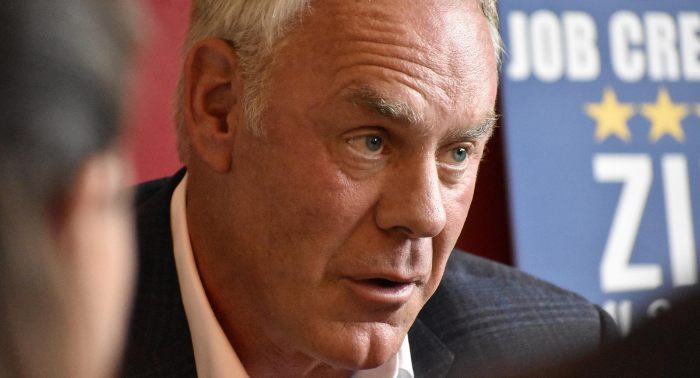In its latest Global Risks Report, the World Economic Forum has identified the proliferation of false and deceptive content, amplified by sophisticated artificial intelligence technologies, as the most immediate and significant threat to the global economy, democracy, and social harmony.
This report, a product of insights from nearly 1,500 specialists across various fields, was unveiled before the prestigious Davos summit in Switzerland, which annually hosts global business leaders and political figures. It emphasizes the growing concern over the spread of misinformation and disinformation, particularly with the advancement of AI tools like generative AI chatbots, which simplify the creation of complex synthetic media.
Such developments in AI technology are not only creating new challenges but also exacerbating existing ones, the report notes. The ease of generating convincing fake content could influence large populations, a factor that becomes increasingly critical as nations including the United States, Britain, India, and others approach their electoral cycles.
Carolina Klint, a risk management expert at Marsh, a co-author of the report with Zurich Insurance Group, expressed concerns over the potential for AI to facilitate deepfakes and misinformation. This misuse of technology can lead to increased societal division, challenges in discerning factual information, and could even raise doubts about the legitimacy of democratic processes.
Moreover, the report highlights that AI is not just a tool for misinformation. It also has the potential to enhance cyber threats, such as automating phishing attacks or advancing malware creation, making it easier for individuals with limited technical skills to engage in malicious activities. Additionally, AI systems trained on internet data can inadvertently perpetuate biases, which is difficult to rectify.
Alongside the digital threats, the report identifies environmental risks as the most significant long-term challenges. In the near term, extreme weather events are ranked as the second most pressing risk, while over a decade, such weather conditions are seen as the foremost threat. This is followed by other environmental concerns, including critical changes to Earth’s systems, loss of biodiversity, ecosystem collapse, and natural resource shortages. The report warns of the possibility of crossing irreversible climate change thresholds within the next ten years, as the planet undergoes profound ecological transformations.




